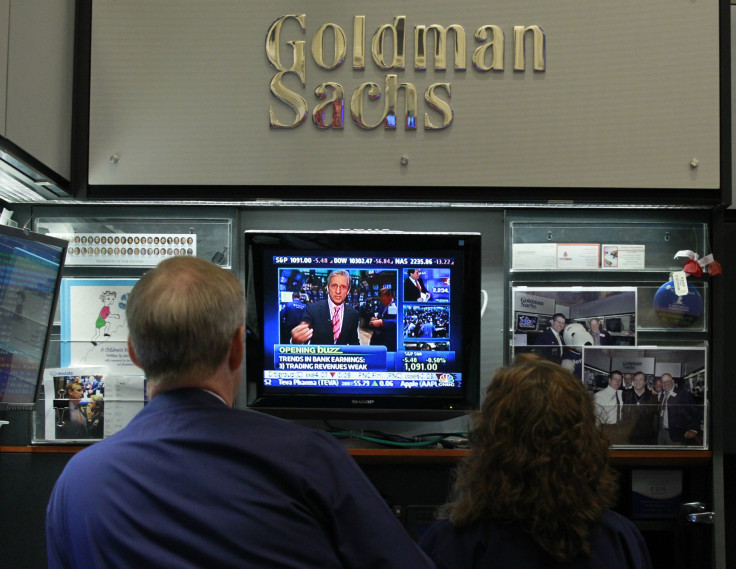Lawsuit Accuses Big Banks Of Interest Rate-Swap Fixing

NEW YORK (IFR/Reuters) - A class action lawsuit, filed Wednesday, accuses 10 of Wall Street’s biggest banks and two trading platforms of conspiring to limit competition in the $320 trillion market for interest rate swaps.
The class action lawsuit, filed in U.S. District Court in Manhattan, accuses Goldman Sachs, Bank of America Merrill Lynch, JPMorgan Chase, Citigroup, Credit Suisse, Barclays, BNP Paribas, UBS, Deutsche Bank, and the Royal Bank of Scotland of colluding to prevent the trading of interest rate swaps on electronic exchanges, like the ones on which stocks are traded.
As a result, the lawsuit alleges, banks have successfully prevented new competition from non-banks in the lucrative market for dealing interest rate swaps, the world’s most commonly traded derivative.
The banks “have been able to extract billions of dollars in monopoly rents, year after year, from the class members in this case,” the lawsuit alleged.
The suit was brought by The Public School Teachers' Pension and Retirement Fund of Chicago, which purchased interest rate swaps from multiple banks to help the fund hedge against interest rate risk on debt. The plaintiffs are represented by the law firm of Quinn, Emanuel, Urquhart, & Sullivan LLP, which has taken the lead in a string of antitrust suits against banks.
As a result of the banks’ collusion, the suit alleges, the Chicago teachers’ pension and retirement fund overpaid for those swaps.
The suit alleged that since at least 2007 the banks “have jointly threatened, boycotted, coerced, and otherwise eliminated any entity or practice that had the potential to bring exchange trading to buyside investors.”
“Defendants did this for one simple reason: to preserve an extraordinary profit center,” the lawsuit said.
The banks masked their collusion by using code-names for joint projects such as “Lily”, “Fusion,” and “Valkyrie,” according to the suit.
The suit also accused broking platforms ICAP and Tradeweb, which control key cogs in the infrastructure of the swaps market, of facilitating the antitrust violations by acting as a forum for collusion and making business decisions on the banks' behalf.
Nine of the ten defendant banks own equity stakes in Tradeweb and hold positions on the company's board and governance committees. Tradeweb is 40 percent owned by Thomson Reuters. Thomson Reuters is not named as a defendant in the suit.
Bankers used those positions to control the direction of the Tradeweb and collectively blocked the development of more investor friendly swaps exchanges by firms such as the CME Group, TrueEX, Javelin Capital Markets, and TeraExchange, according to the suit.
"During the time period relevant here, Tradeweb board and governance committees… were organized specifically for the purpose of protecting the 'dealer community' from the growth of exchange trading," reads the suit.
Similar allegations of bank collusion in the market for another type of derivative known as credit default swaps, have been the subject of investigations by the United States Department of Justice and the European Commission, as well as a separate class action lawsuit brought by investors.
In September, twelve banks and two industry groups settled that lawsuit by agreeing to pay $1.87 billion, making it one of the largest antitrust class action lawsuits in U.S. history.
(Editing by Charles Levinson)
© Copyright Thomson Reuters 2024. All rights reserved.




















